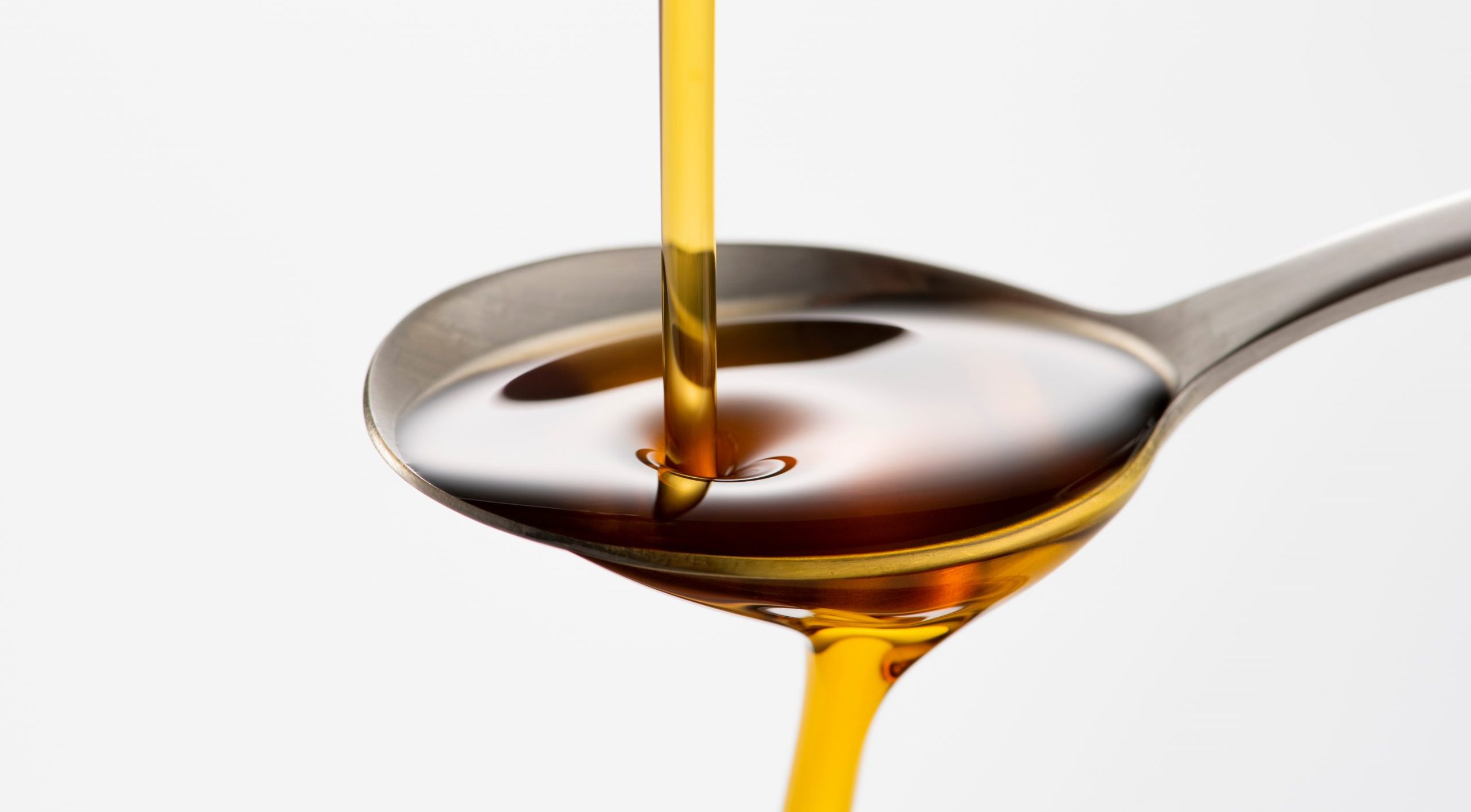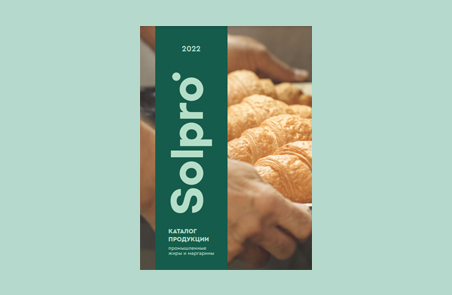Liquid sunflower lecithin
Scope of application
Standardized sunflower lecithin is obtained by hydrating refined sunflower oil. Thoroughly controlled processing conditions make it possible to obtain high quality phospholipids, preserving their natural biological properties and product stability throughout the entire shelf life.
For use in various food industry sectors:
- • As an emulsifier in dairy and fat and oil industries.
- • As a liquifying agent in confectionery industry.
- • As a compound that improves dough quality
and keeps product fresh in baking industry.
- • As an additive that improves feed nutritional value and digestibility in combined feed production.
Advantages:
- • GMO-free.
- • Does not contain allergens.
- • Kosher and halal.
Functional features
• Reduces viscosity of chocolate masses and confectionery glazes for sugary products.
• Improves dough quality, elasticity and pliability, reduces viscosity, increases uniformity and makes processing easier.
• Helps make stable w/o and o/w type emulsions.
• Acts as a wetting and lubricating agent.
• Extends shelf life, slows down staling, keeps baked products fresh longer.
• Shows antioxidant and synergistic (when mixed with other antioxidants) properties.
• Ensures metabolic efficiency and facilitates quick weight gains for farm animals and poultry.
• Has a much greater physiological activity and pronounced membrane protective, hypocholesterolemic and hypolipidemic properties compared to soy lecithin.
Shelf life and storage conditions:
Shelf life:
12 months at 0 … +35 °C.
Storage conditions:
Store in manufacturer’s packaging, in clean, dry indoor storage facilities. Avoid exposure to sunlight and heat sources. Short-time heating to a temperature not exceeding 60 °C is allowed to facilitate pumping and dosing.Once opened, keep container tightly closed to minimize air contact.
Packaging:
Metal barrel 200 kg / Polymer barrel 200 kg /
IBC 1,000 kg / Tank vehicle
Lecithin is kosher and halal.
Documentation
GOST 32052-2013 Food Additives Lecithins E322.
TR CU 021/2011, TR CU 022/2011, TR CU 029/2012.



